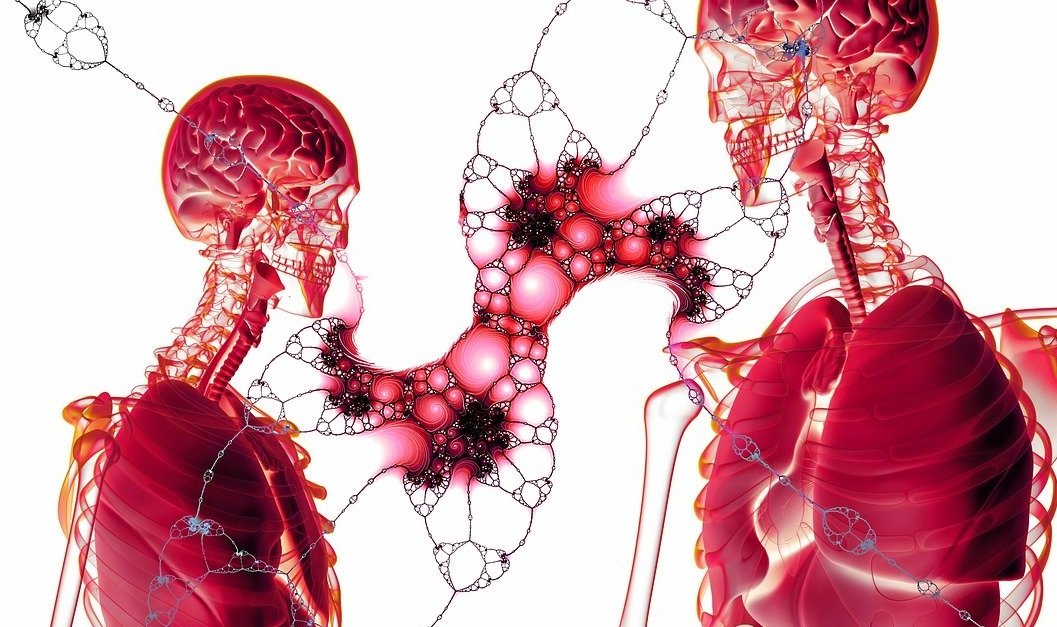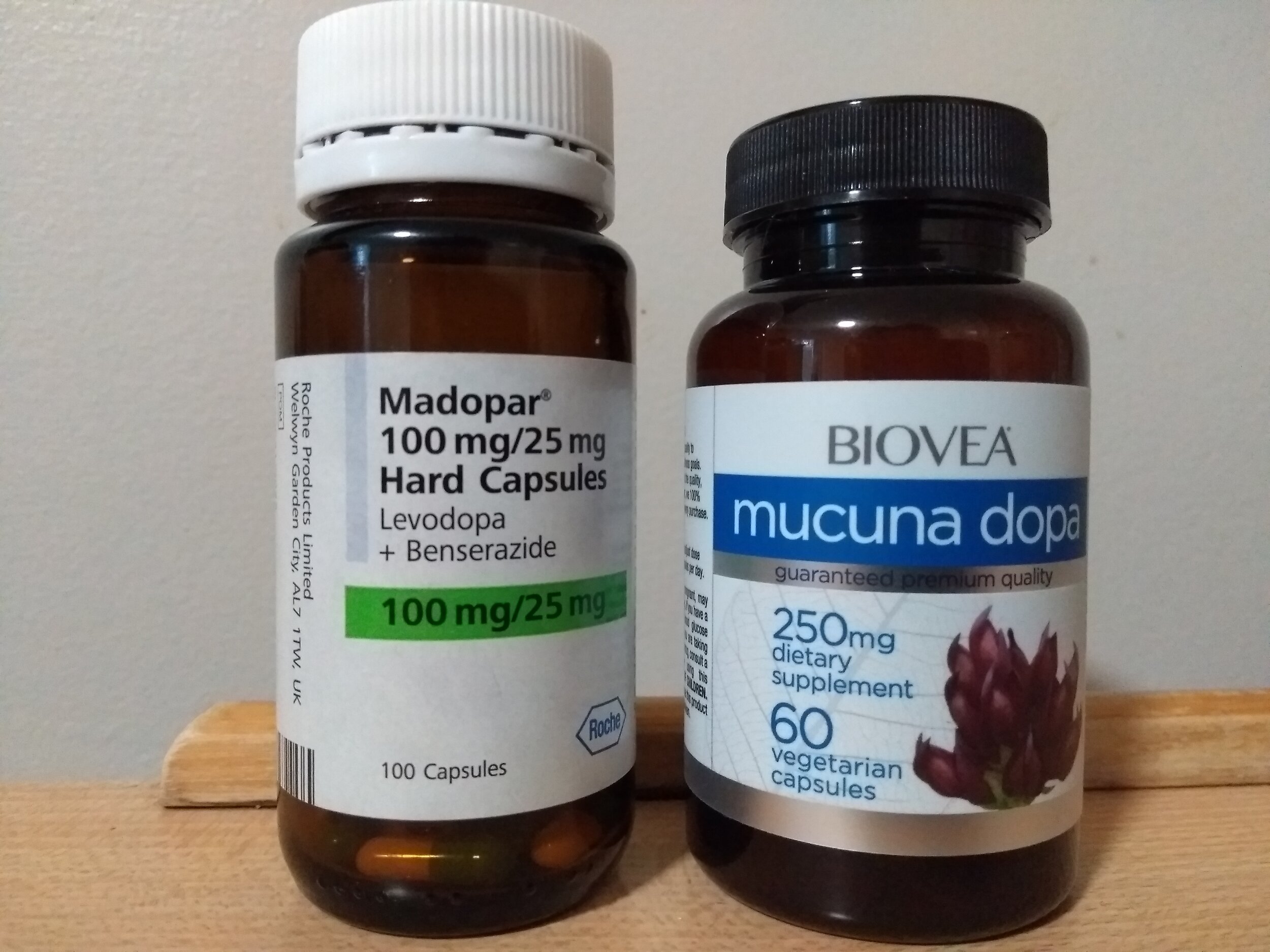In reality, the interactions between very many different neurotransmitters is super strong. It is not just the lack of one chemical that causes the problems in many cases, but actually it is the resulting lack of balance with other chemicals.
Read MoreEmotional Armouring and Parkinson's Disease
I am working with folks with movement disorders to explore the use of neurofeedback and photobiomodulation to aid them in their recovery. In this article, I cover my background, and how I arrived at these as a solution.
Read MoreThe Endocannabinoid System and Parkinson's Disease
The Endocannabinoid System (eCBS) runs throughout our bodies and brains, and, as we will see, seems to have many of the functions we currently ascribe to the Autonomic Nervous System and the Vagus Nerve, or at least is a parallel system for these functions. This includes having a vital role in regulating stress and dopamine, indicating this system is likely to be highly relevant to Parkinson’s Disease.
Read MoreDopamine Cell Receptors and Parkinson's Disease
Cell receptor population dynamics therefore may play a primary role in environmental interactions (nurture) and can profoundly affect biology (nature), and may be the mechanism through which history gets written into the body, such as affects of childhood trauma in later life. Cell receptor population dynamics also provide strong and significant neuroplasticity without the need for new neurons or new synaptic connections/wirings per se, by profoundly affecting the functions and sensitivities of the existing neurons themselves.
Read MoreDopamine and Parkinson's Disease
The Huberman Lab podcast is a lecture series by Prof. Andrew Huberman, professor of neurobiology and ophthalmology at Stanford School of Medicine, on practical and free tools for optimizing health based on the very latest neuroscience and human biology research. This podcast contains vital, actionable, and need-to-know information for people with Parkinson’s Disease, in particular of the latest pragmatic research into dopamine biochemistry. Dopamine is the major neuromodulator which is most problematic in PD, and the target for the mainstay medical interventions. So here I’ve extracted from the podcast episodes the timestamps of everything Prof. Huberman has to teach us on the subject of how to optimize our dopamine biochemistry. The format is the episode title, in order of release, followed by the corresponding timestamp links and descriptions whenever dopamine is referred to.
Read MoreLight Therapy and Parkinson's Disease
The purposes of this article, which I will endeavour to keep updated, is to act as a central resource of information on light therapy and its applications to Parkinson's Disease.
Read MorePulsed Electromagnetic Field Therapy for Parkinson's Disease
In this article, we explore a technology which has proven helpful for people with PD, and may work by helping to modulate or quieten these abnormal brainwave patterns.
Read MoreDiet and Nutrition in Parkinson's Disease
Over recent years, it has become very clear that there are a number of things which people with Parkinson's Disease (PwP) can proactively do, or not do, to mitigate their symptoms. Likewise, there are many lifestyle choices which are now known to aggravate and worsen the symptoms on a day-to-day basis. Longer term, these choices have been shown to either slow or increase the rate of progression. The evidence has come both from the science base and from the statistically relevant, aggregated shared real life experiences of people affected by PD around the world, via social media.
Read MoreReport on Wearable Light Therapy Technology Applied to Parkinson's Disease
In fact, the possibilities to fine tune light therapy for PD through such wearables is now immense. For example, the Propeaq glasses already come with an app which allows the timings of the therapy to be programmed in: Toine is helping Olympic athletes achieve peak performance at the scheduled times of their events! They also already come with interchangeable tinted colors, including red for increasing melatonin: currently, these are used when the wearables are applied to combatting jet lag, for example.
Read MoreA Critical Analysis of Medical Science and Parkinson's Disease
"Nowadays, some of the PhDs and presenters don't even take the time to learn the nomenclature and techniques used by the co-authors who actually interface with the patients. They just deal with the numbers. Medicine becomes so much simpler when it's been de-personalized. The Dr. abdicates his responsibility by simply purveying what his specialty has dictated; the patient becomes his diagnostic label... PD in our case.
Read More








